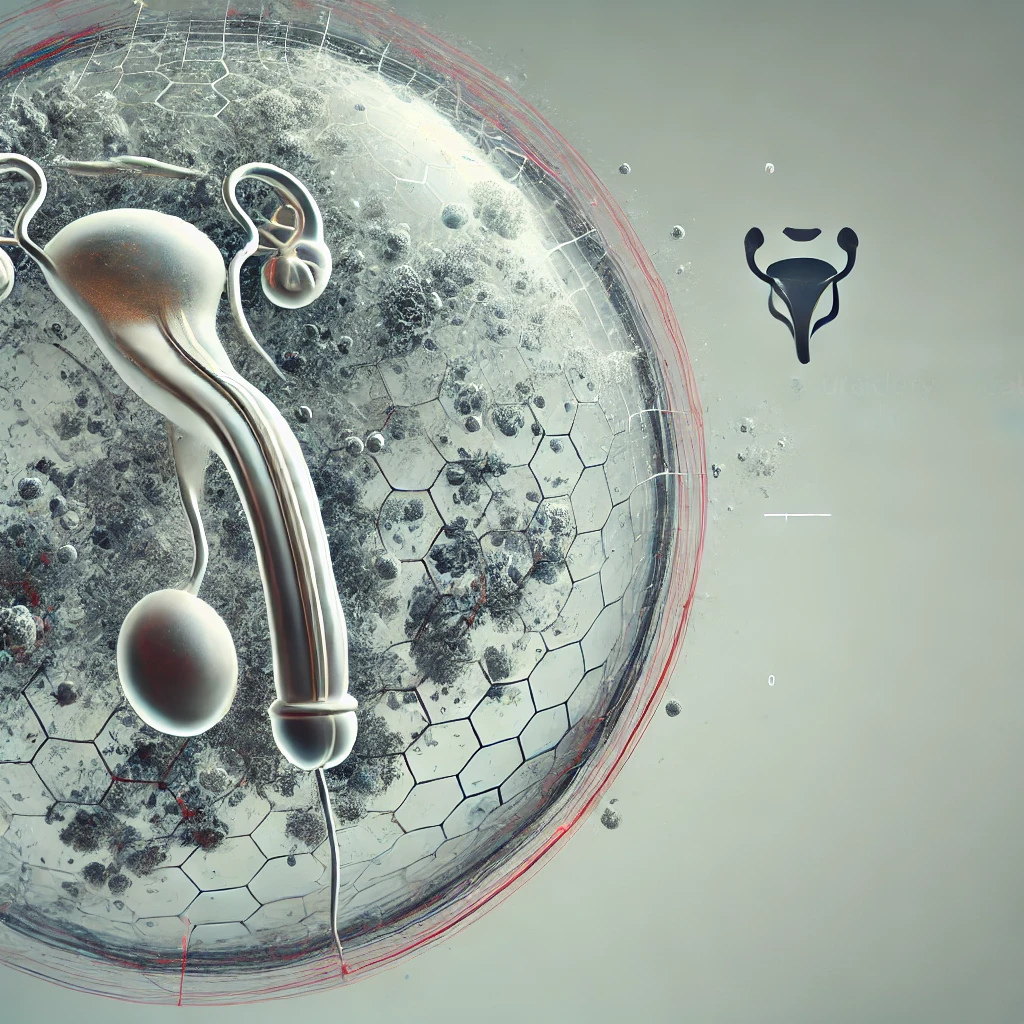Understanding Cystitis in Men and Its Unique Challenges
While cystitis is often associated with women, men can experience it too, and it tends to require different considerations. Cystitis, or a bladder infection, occurs when bacteria enter the urinary tract, causing inflammation and discomfort. Due to anatomical differences, UTIs in men are less common than in women, but when they do occur, they often signal an underlying condition that requires professional assessment. Left untreated, male UTIs can lead to significant health risks, making it essential to consult with a healthcare provider, like those at AMAE Clinic, for accurate diagnosis and effective treatment.
Common Causes of Cystitis in Men
Cystitis in men can stem from several factors:
- Enlarged Prostate: An enlarged prostate can obstruct the bladder, leading to urinary retention, which increases infection risk.
- Catheter Use: Men who require a catheter may experience cystitis as bacteria can be introduced into the bladder during insertion.
- Urinary Obstruction: Stones in the bladder or urethra can prevent the full emptying of urine, creating an environment for bacterial growth.
- Lifestyle Factors: Excessive alcohol consumption, dehydration, or a diet high in sugar can weaken the immune system and lead to infection.
Recognizing these underlying causes is essential in effectively treating male cystitis, and it’s why a comprehensive examination by a healthcare provider is crucial.
Symptoms: Recognizing a Bladder Infection in Men
The symptoms of cystitis in men may overlap with other conditions, which is why a professional diagnosis is essential. Common symptoms include:
- Frequent or urgent need to urinate
- Pain or burning during urination
- Blood in the urine
- Lower abdominal pain or discomfort
If you notice these symptoms, especially accompanied by fever or lower back pain, it’s important to seek immediate medical help. At AMAE Clinic, we offer specialized consultations to determine the nature of your symptoms and provide prompt treatment.
Complications if Left Untreated
Men experiencing cystitis symptoms should not delay treatment. When untreated, cystitis can progress to more serious health issues, including:
- Kidney Infections (Pyelonephritis): If bacteria travel from the bladder to the kidneys, it can lead to a severe kidney infection, potentially causing long-term damage.
- Prostatitis: The bacteria may spread to the prostate, causing prostatitis, a painful inflammation that can lead to chronic urinary issues.
- Urethral Stricture: Chronic infections may cause scarring of the urethra, leading to narrowing and further urinary complications.
These complications underscore the importance of prompt and effective treatment for cystitis in men.
Treatment Options: Personalized and Effective Solutions
The right treatment for cystitis in men often includes:
- Antibiotics: A healthcare provider will typically prescribe antibiotics, tailored to the specific bacteria causing the infection.
- Pain Relief: Over-the-counter pain relievers may be recommended for discomfort, but avoid self-medicating without consulting a doctor.
- Lifestyle Changes: Increasing fluid intake, reducing caffeine and alcohol, and maintaining good hygiene practices can prevent recurrent infections.
For men with underlying conditions such as prostate issues or urinary stones, AMAE Clinic offers additional tests and specialist referrals to address the root cause of cystitis. Our team provides a comprehensive approach, ensuring you receive treatment and guidance tailored to your individual needs.
Why Professional Testing is Essential
Diagnosing cystitis in men goes beyond symptom observation; professional testing can identify the exact cause of infection and ensure you receive the most effective treatment. At AMAE Clinic, we offer:
- Urine Cultures: To identify the specific bacteria causing the infection.
- Imaging Tests: For recurring cases, we may recommend ultrasound or CT scans to check for obstructions or structural abnormalities.
- Blood Tests: To check for any signs of kidney involvement or systemic infection.
Our team is equipped to guide you through the diagnostic process, offering clear explanations and support every step of the way.
Preventing Future Infections
While treatment can address the current infection, prevention strategies are essential in managing long-term urinary health:
- Stay Hydrated: Drinking water throughout the day helps flush bacteria from the urinary tract.
- Practice Good Hygiene: Ensuring proper hygiene practices, especially if you use a catheter, can reduce infection risk.
- Regular Check-Ups: Annual check-ups at AMAE Clinic can help catch any underlying conditions early and keep your urinary health in check.
At AMAE Clinic, we’re here to provide specialized care for men dealing with cystitis and other urinary health issues. With expert-led consultations, diagnostic tests, and ongoing support, you can confidently manage your health and prevent future infections. For personalized advice and professional care, book an appointment with our team today.
